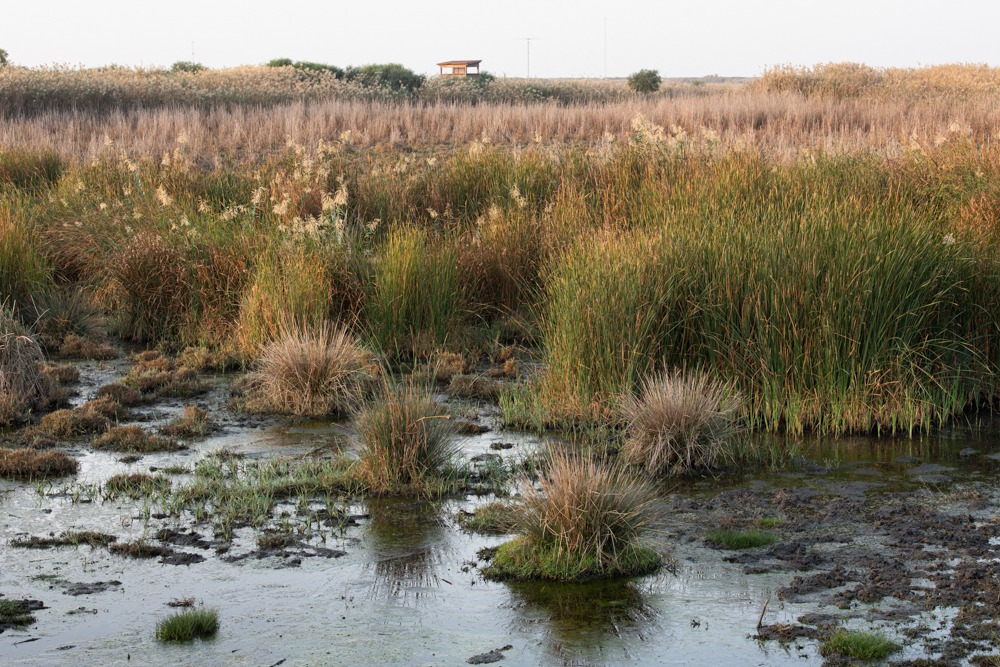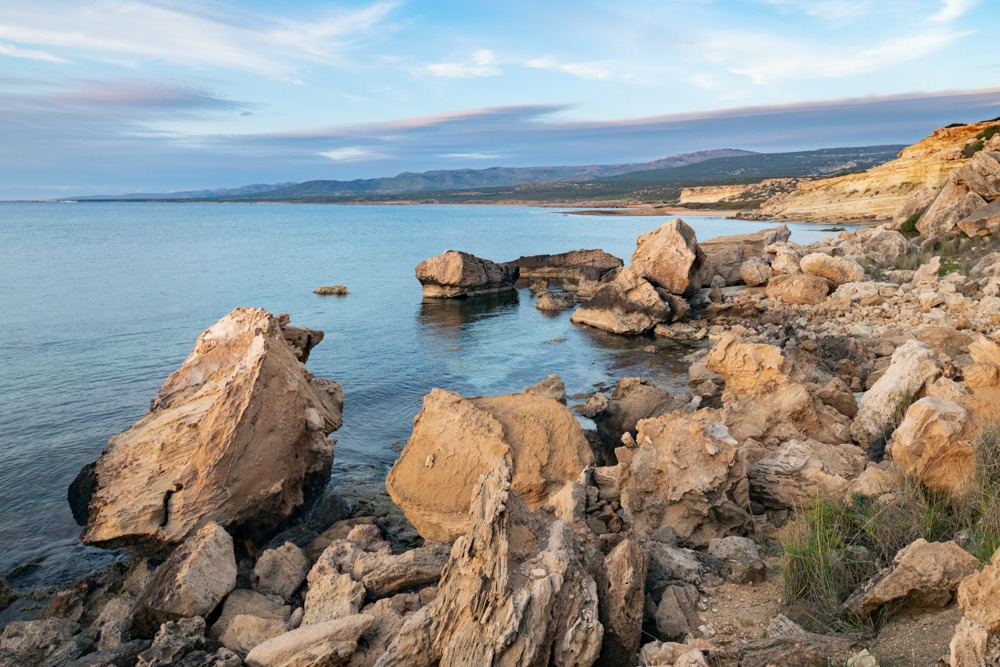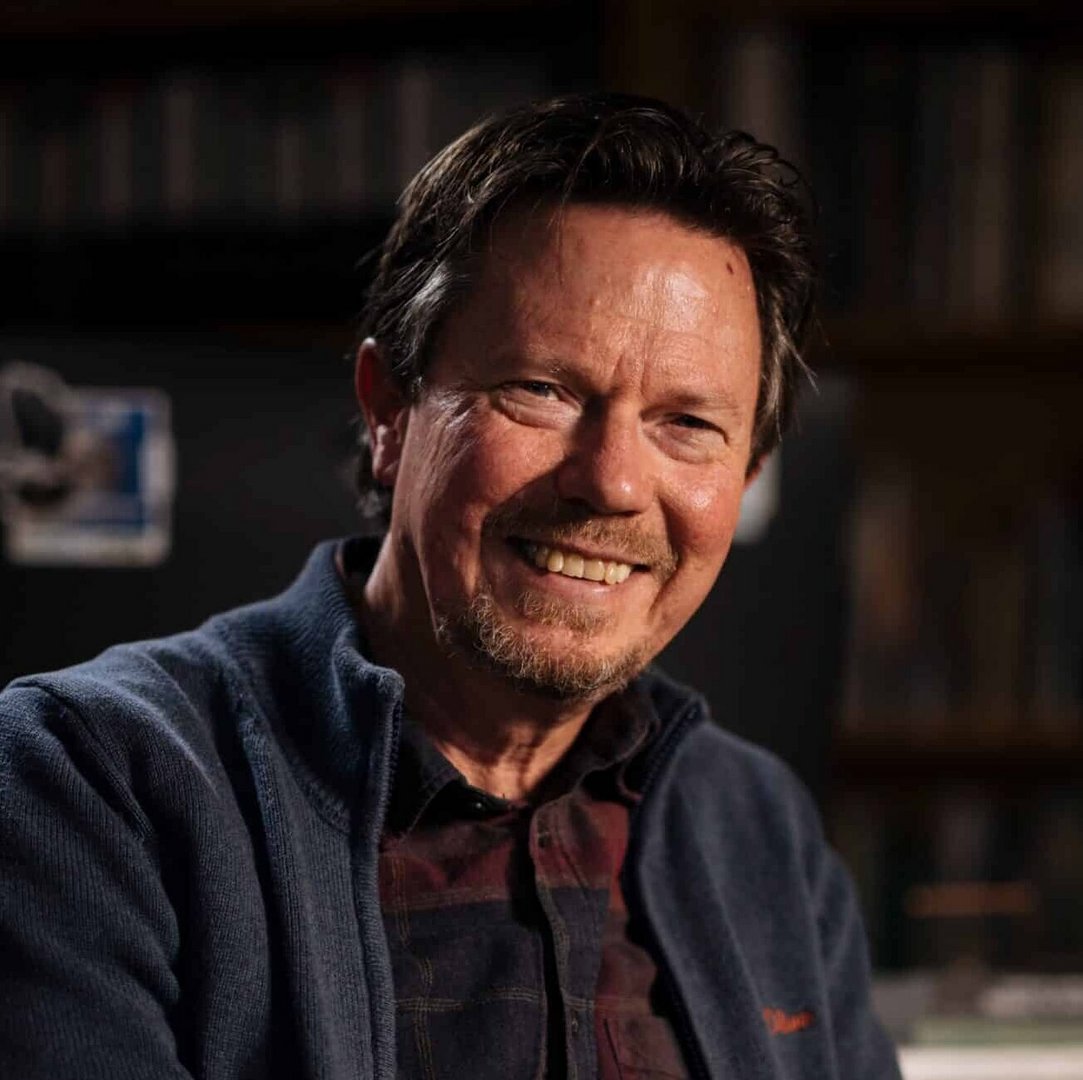You cannot hope for success in promoting Akamas as a nature destination while also allowing development to encroach and expand
With wildlife tourism, you really cannot have your cake and eat it. There is no magic formula allowing happy co-existence between concrete and tarmac on a grand scale and the nurturing of abundant wildlife for nature lovers to enjoy. This inconvenient truth does not change no matter how badly successive governments might wish to delude themselves with a ‘we can have it all’ fantasy.
You cannot hope for success in promoting Akamas as a nature destination while also allowing development to encroach and expand, with little limitation. Nor can you – on a smaller scale – allow beach beds and umbrellas on turtle-nesting beaches, be these on the Akamas or along Lady’s Mile, Akrotiri, while also promoting such areas as wildlife-watching destinations. Loggerhead turtles and Kentish Plovers do not get to see and do not understand planning maps. Even if they did, they could not shift their life plans to fit in with the changes afoot. That probably sounds rather facetious. But the point I am trying to illustrate is this: while we have plenty of choice about where we site highways, casinos and other developments, most wildlife has next to zero choice about where it feeds, rests, nests and generally tries to live out its life.
Kentish Plovers, handsome small wading birds, require shallow brackish waters in which to run around and find small spineless creatures to eat, plus a stretch of dry sand nearby to lay their eggs on, in a shallow scrape. Famously (but inconveniently for their survival), Loggerhead Turtles must return to dig a hole to lay their ‘golf ball’ eggs on the same sandy beach they hatched on, many years earlier. Nowhere else will do for these two, and this is a pattern that repeats, to a greater or lesser extent, for all wildlife. A casino, on the other hand, is still a casino, and can function perfectly well as such, in quite a number of possible locations. It does not have to be built so it looms over a precious complex of wetlands, impacting on the delicate hydrological balances of habitats like shallow brackish lagoons and drawing in more and more visitors to already crowded turtle-nesting beaches…
I write this from a refreshed perspective, having not long returned from an amazing trip to Uganda. I find myself in a heightened state of appreciation for what wildlife tourism can be, given a bit of proper planning and management. A week-and-a-bit in and around the East African nation’s Murchison Falls National Park and my head is still awash with wonderful images of wildlife. Giraffes ‘rolling’ across an endless landscape, seeming to move in slow motion even when at full tilt. Buffalo herds staring down our passing pick-up. Elephants and hippos at ease by Lake Albert. Vultures and eagles overhead. Small family groups of out-sized, incongruous Abyssinian Ground Hornbill searching for lizards in the tall grass. With huge bills and crops in red or blue, they look like a bird drawn by a child with a wild imagination. The list of species went on and on, thanks to effective protection in wonderfully well-preserved natural landscapes. We ranged through dense tropical forest to open acacia and palm forest, to scrub and open grassland. More often than not, the dirt track we were on was the only human intervention visible across an entire, wide landscape.
Comparing the nature of Uganda with that of Cyprus is, of course, unfair. Very different baselines are at play. Nonetheless, it is impressive to see how much a relatively poor African nation has done and is doing to protect nature, and to take advantage of its tourism potential. The adverts on the arrivals hall walls at Entebbe airport feature mountain gorillas and leopards (not so much the bombardment of images of villa developments on golf greens that greet arrivals to Cyprus). And it is not just ‘talk’; Uganda comes through on it. Wildlife tourism is a serious income source for the ‘pearl of Africa’, and much of this money goes back into site conservation.
We have no elephants and no big cats, but Cyprus still has so much to offer the nature-loving tourist. Amazing flora – much of it unique to our island – and rich birdlife, especially during the spring and autumn migration seasons. We can still boast a rich variety of habitats too.
Where we consistently fall down, however, is on effectively protecting and managing key wildlife sites. Today, there are still many great sites, especially away from the over-built-up coastal areas, for birdwatchers, walkers and their ilk to enjoy. There are even a few precious coastal sites where nature clings on. But for how much longer? The new government seems as fixated on development as ones before it. Lip service is paid to protecting nature, as a matter of routine, but the reality is that the drive for more construction is largely unabated, on a small island with ever-diminishing space left for nature.
Looking after nature is not just about tourism and the economic benefits it could bring. Time in nature is good for us all. There is growing evidence for this. In the bigger picture, we need to protect and even restore nature if we are going to save our planet from the ecosystem collapse manifesting itself ever more clearly in biodiversity loss and the gathering climate catastrophe. To mention just one timely example, protecting and expanding wetlands makes all the difference when it comes to flood protection. The recent flooding disasters in Greece have served as raw reminders of what can happen when those buffering wetlands are not preserved and protected. If we lived on an island that was actually and seriously committed to a ‘green’ future, a thriving nature tourism sector would just be a serious side benefit.
Martin Hellicar is director of local nature conservation NGO BirdLife Cyprus








Click here to change your cookie preferences